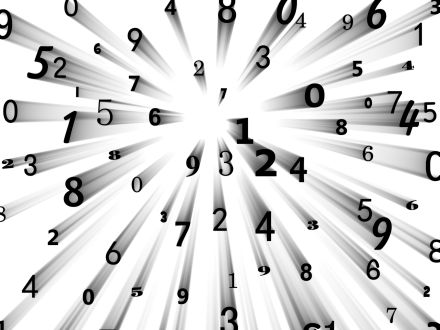
During your reading, the symbolism of your unique numbers will be explored. This will unlock information about your personality along with the timing of events in your life path and your destiny.
Numerology is any of many systems, traditions or beliefs in a mystical or esoteric relationship between numbers and physical objects or living things.
Numerology and numerological divination were popular among early mathematicians, such as Pythagoras, but are no longer considered part of mathematics and are regarded as pseudomathematics by modern scientists. This is similar to the historical development of astrology out of astronomy, and alchemy from chemistry.
Today, numerology is often not associated with numbers, alongside astrology and similar divinatory arts.
The term can also be used for those who, in the view of some observers, place excess faith in numerical patterns, even if those people don't practice traditional numerology. For example, in his 1997 book Numerology: Or What Pythagoras Wrought, mathematician Underwood Dudley uses the term to discuss practitioners of the Elliott wave principle of stock market analysis.
Modern numerology often contains aspects of a variety of ancient cultures and teachers, including Babylonia, Pythagoras and his followers (Greece, 6th century B.C.), astrological philosophy from Hellenistic Alexandria, early Christian mysticism, the occultism of the early Gnostics, the Hebrew system of the Kabbalah, The Indian Vedas, the Chinese "Circle of the Dead", and the Egyptian "Book of the Master of the Secret House" (Ritual of the Dead).
Pythagoras and other philosophers of the time believed that because mathematical concepts were more "practical" (easier to regulate and classify) than physical ones, they had greater actuality.
St. Augustine of Hippo (A.D. 354–430) wrote "Numbers are the Universal language offered by the deity to humans as confirmation of the truth." Similar to Pythag